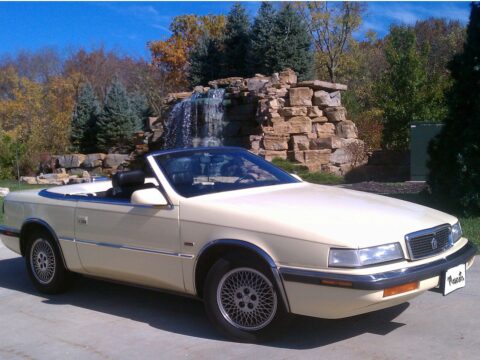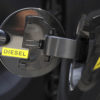Diesel engines have come a long way, but many outdated beliefs still surround them. These misconceptions can prevent drivers from appreciating the real benefits diesel engines offer, from fuel efficiency to durability. Let’s clear up 16 common false beliefs about diesel engines that might be holding you back from considering them for your next vehicle.
Contents
Diesel Engines Are Noisy and Smelly

Many people associate diesel engines with being loud and emitting strong, unpleasant odors, but this reputation stems from older models. Advances in diesel technology, such as common rail fuel injection and improved turbochargers, have significantly reduced noise levels. Modern diesel engines are much quieter and cleaner than their predecessors. Innovations like diesel particulate filters (DPF) and selective catalytic reduction (SCR) have further reduced emissions, making today’s diesels as eco-friendly as gasoline engines.
Diesel Engines Are Dirty
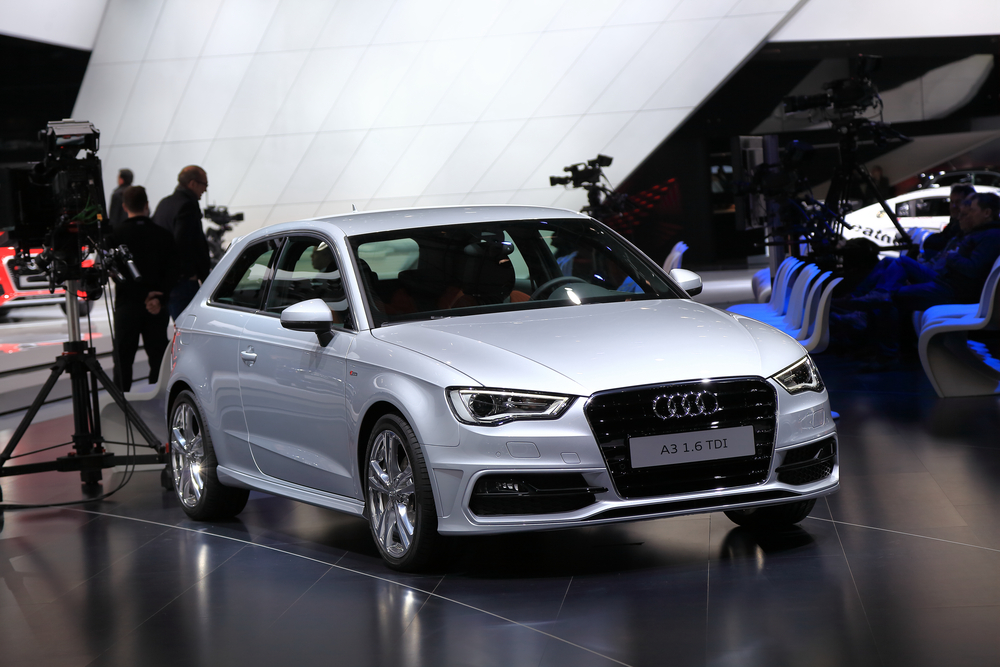
While older diesel engines were notorious for producing soot and pollutants, this is no longer the case. Modern diesel engines comply with strict emissions regulations, thanks to advanced systems like exhaust gas recirculation (EGR) and selective catalytic reduction (SCR). These technologies dramatically reduce particulate matter and nitrogen oxide (NOx) emissions. In fact, some new diesel engines are even cleaner than gasoline engines, especially when measured by CO2 output per mile.
Diesel Engines Are Slow

The idea that diesel engines are sluggish lingers from the days when naturally aspirated diesels were the norm. However, turbocharging has transformed diesel performance, providing high torque at low RPMs. This means diesel engines offer strong acceleration and often outperform gasoline engines when it comes to pulling power. Modern diesel vehicles, especially cars and SUVs, can achieve impressive 0-60 times comparable to gasoline-powered models, proving this myth wrong.
Diesel Fuel Is More Expensive Than Gasoline
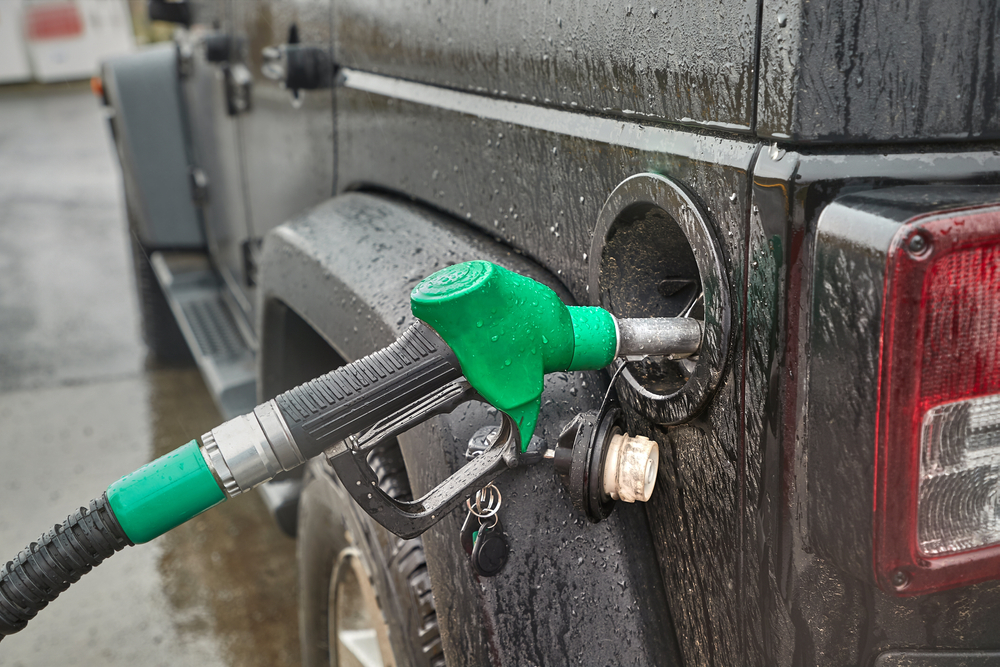
It’s true that diesel fuel sometimes costs more at the pump than gasoline, but this doesn’t tell the whole story. Diesel engines are more fuel-efficient, often delivering 20-30% better mileage than their gasoline counterparts. As a result, diesel drivers typically save on fuel over time, especially on long-distance journeys. This fuel efficiency, combined with the longevity of diesel engines, can make them more economical in the long run.
Diesel Engines Are Harder to Start in Cold Weather

Older diesel engines did face difficulties in cold climates, but modern advancements have largely resolved this issue. Improved glow plugs and fuel injection systems allow diesel engines to start smoothly in low temperatures. Additionally, block heaters and winterized diesel fuel blends help ensure reliable cold-weather operation. These technological improvements have made cold starting problems a thing of the past for most diesel vehicles.
Diesel Engines Require More Maintenance
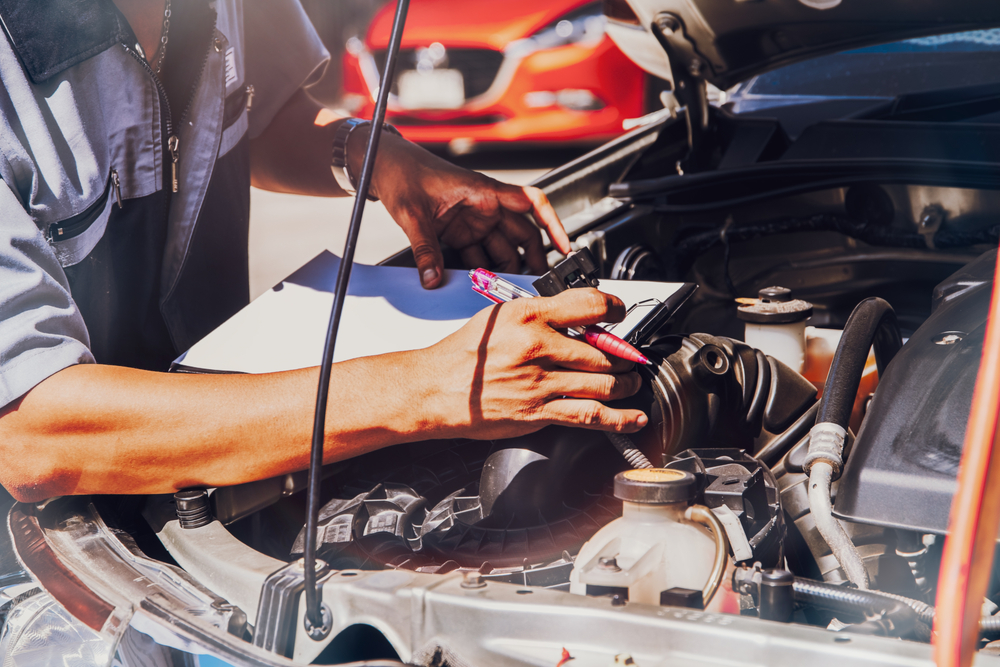
Many believe diesel engines demand more maintenance, but the opposite is often true. Diesel engines don’t have spark plugs, which reduces the need for certain types of maintenance. They’re also built to handle higher compression, making them more durable over time. While regular upkeep like oil changes and filter replacements is still necessary, diesel engines typically require less frequent major repairs than gasoline engines.
Diesel Engines Are Only for Trucks
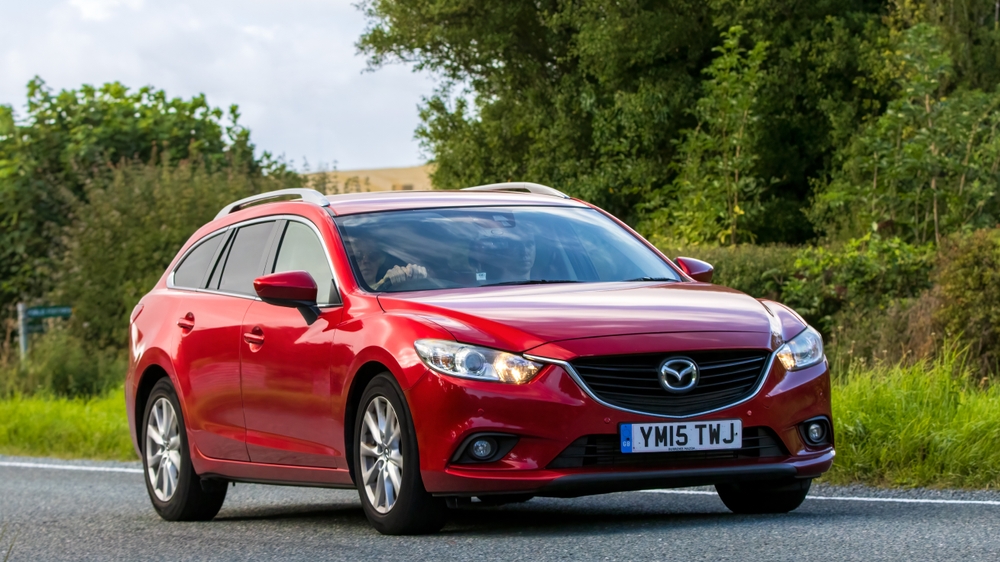
It’s a common misconception that diesel engines are only suitable for heavy-duty trucks and commercial vehicles. However, many passenger cars, SUVs, and even luxury vehicles are equipped with diesel engines. European automakers have embraced diesel technology for its fuel efficiency and torque. Diesels are a popular choice for long-distance driving, providing excellent fuel economy and power, making them a viable option for more than just trucks.
Diesel Engines Don’t Last Long
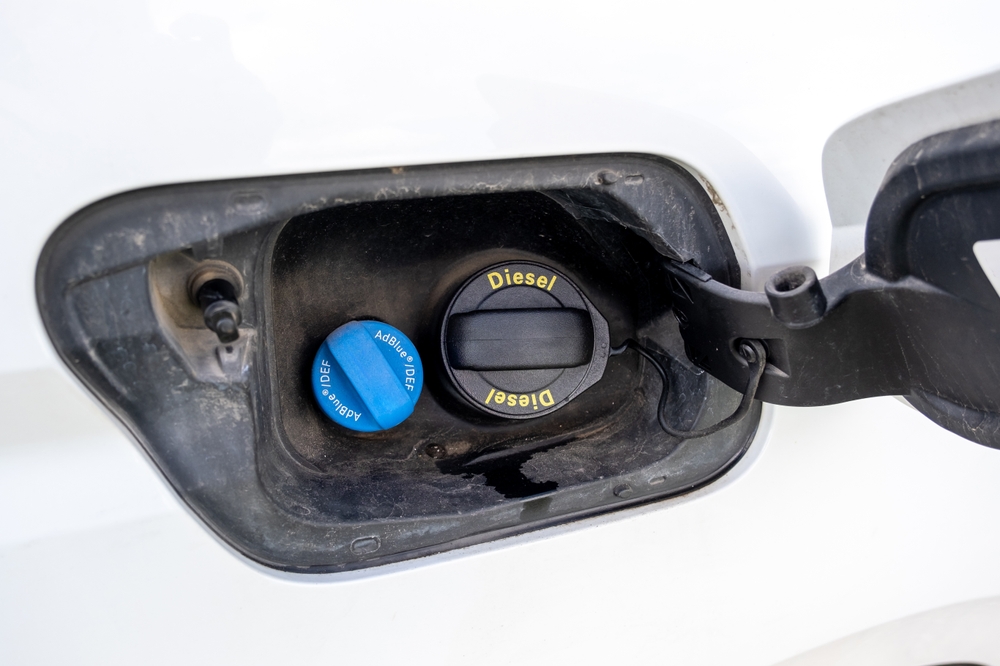
On the contrary, diesel engines are known for their longevity. Built with stronger components to handle higher pressures, they often outlast gasoline engines. Diesel engines in trucks and commercial vehicles can easily surpass hundreds of thousands of miles with proper care. Their long lifespan makes them especially appealing to those who value durability and reliability over the long haul.
Diesel Engines Are Less Powerful Than Gasoline Engines

Diesel engines are often mistaken for being less powerful because they tend to have lower horsepower ratings. However, horsepower isn’t the whole story. Diesel engines generate much more torque than gasoline engines, giving them superior pulling and towing capability. This makes diesel engines particularly well-suited for tasks that require substantial power at low RPMs, such as hauling heavy loads or driving off-road.
Diesel Cars Are Unreliable
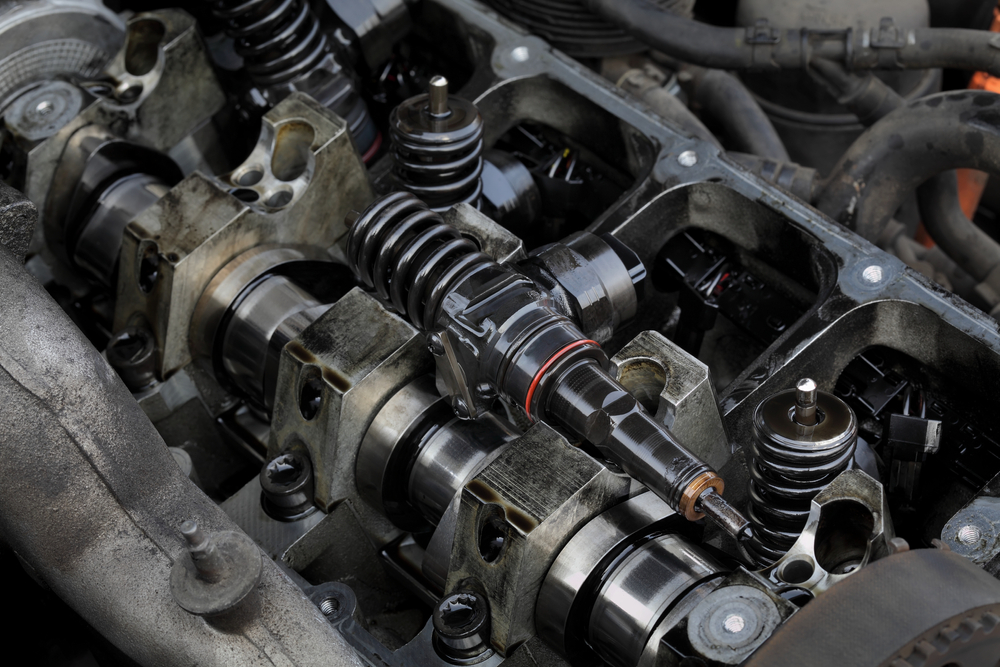
The belief that diesel engines are unreliable is outdated and doesn’t reflect modern reality. Today’s diesel engines are engineered to be highly reliable, with many designed to last longer than their gasoline counterparts. Regular maintenance ensures these engines run smoothly for hundreds of thousands of miles. The widespread use of diesel engines in commercial fleets is a testament to their reliability, as these industries prioritize vehicles that can withstand demanding conditions.
Diesel Engines Are Not Fuel Efficient
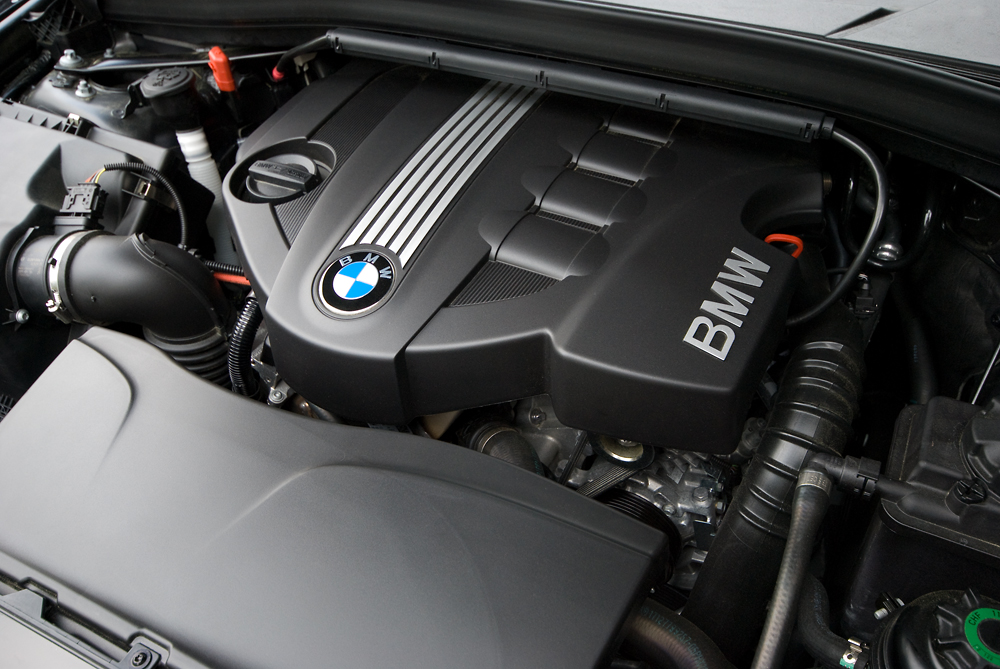
Many still think diesel engines are inefficient, but they are actually more fuel-efficient than gasoline engines. Diesel has a higher energy density than gasoline, which means more energy is extracted from each gallon of fuel. This results in better miles per gallon, particularly on highways. For drivers who cover long distances regularly, diesel engines offer a significant advantage in fuel economy, often outperforming gasoline engines by a wide margin.
Diesel Engines Are Expensive to Repair
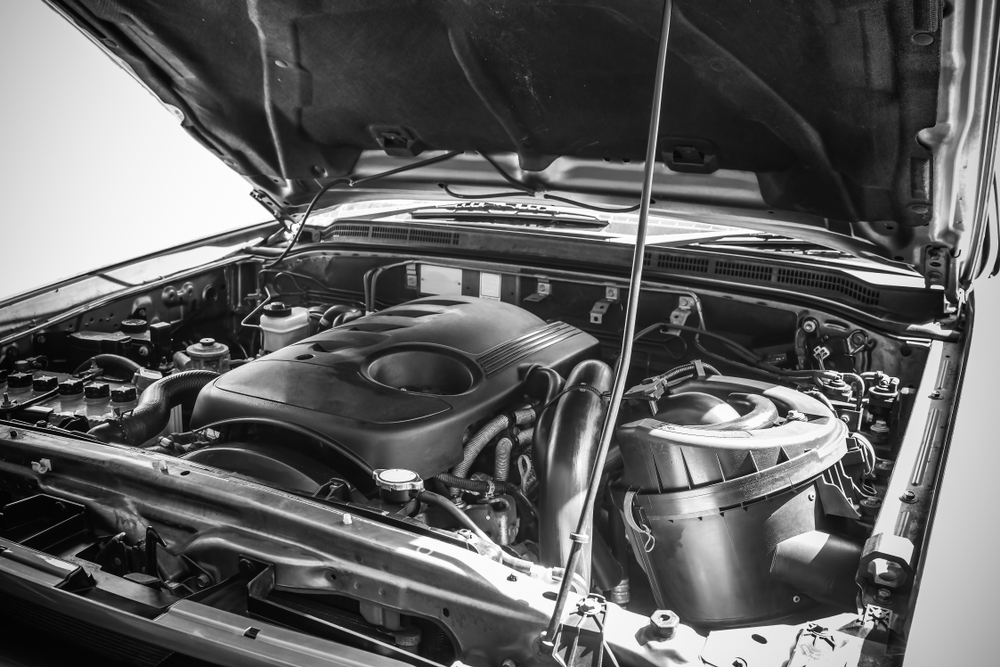
It’s true that certain diesel engine components, like fuel injection systems, can be costly to repair, but this is only part of the story. Diesel engines are built to withstand more stress and are generally more durable, which means fewer breakdowns over time. They also lack some components, like spark plugs, which are common in gasoline engines. Proper maintenance can prevent major repairs, and diesel’s longevity often leads to lower long-term costs.
Diesel Engines Require Special Fuel
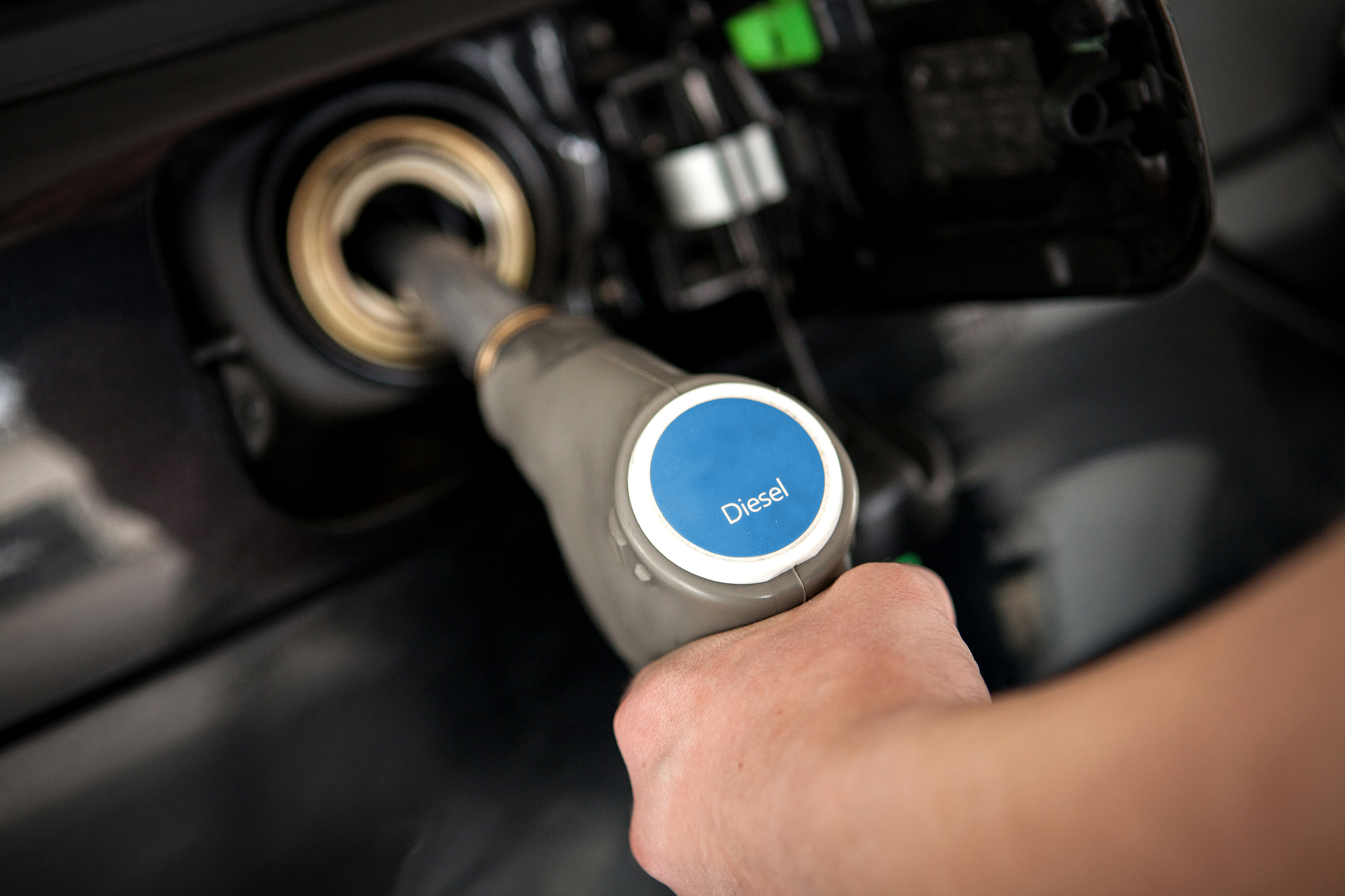
The belief that diesel engines require hard-to-find or special fuel is no longer valid. Modern diesel engines are designed to run on ultra-low sulfur diesel (ULSD), which is widely available at most fuel stations. In fact, ULSD has been the standard for on-road diesel vehicles for years in many countries. The availability of diesel fuel is widespread, particularly in regions where diesel-powered commercial vehicles are common.
Diesel Engines Are Not Safe
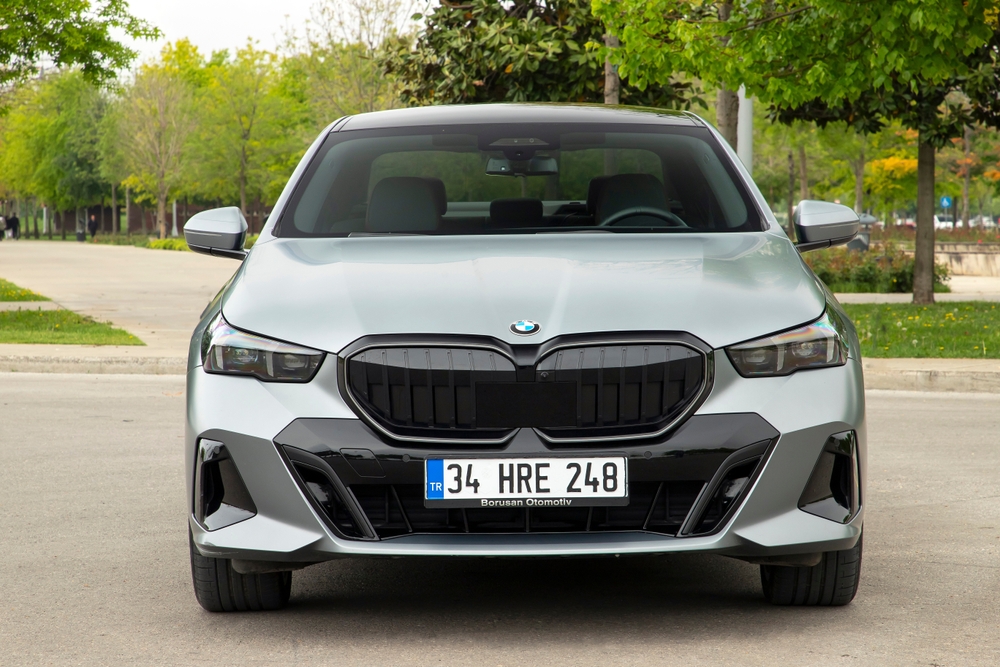
Some people believe that diesel engines are less safe than gasoline engines, but this is a misconception. Diesel fuel is less flammable than gasoline, reducing the risk of fires in the event of a collision. Furthermore, diesel vehicles must meet the same safety standards as gasoline vehicles, including crash tests and the incorporation of advanced safety features. Diesel vehicles offer the same level of safety as their gasoline counterparts.
Diesel Vehicles Have Poor Resale Value

In reality, diesel vehicles often retain their value better than gasoline vehicles. This is due to the durability of diesel engines and their superior fuel efficiency, which makes them appealing to used car buyers. In markets where diesel is popular, such as Europe, diesel-powered vehicles tend to command higher resale prices. The notion that diesels have poor resale value is not supported by the data, particularly for models known for reliability.
Diesel Engines Can’t Be Used for Performance Cars
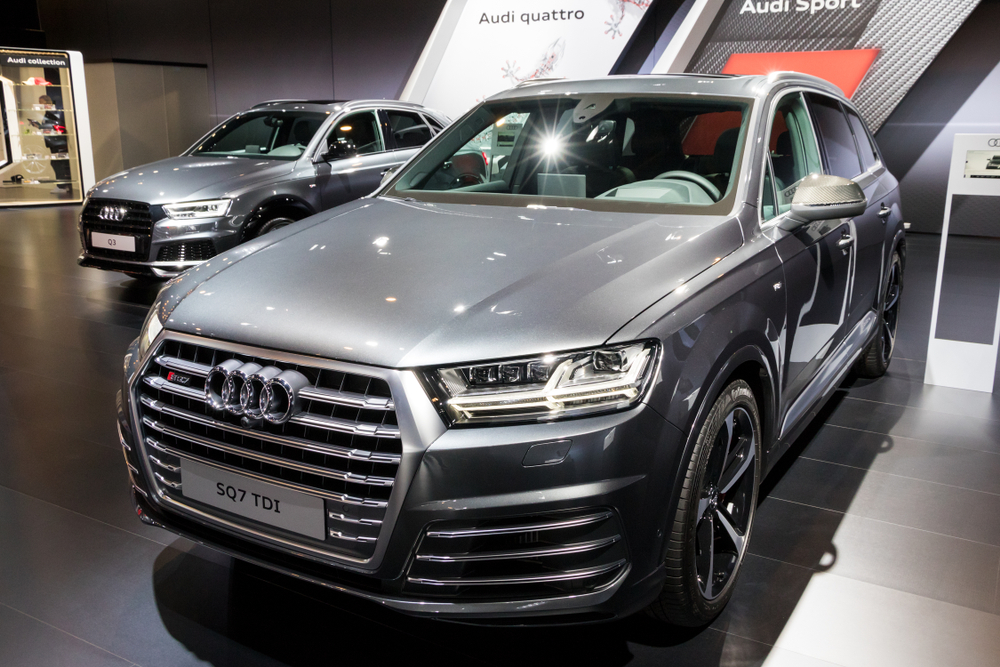
Although gasoline engines are traditionally favored in performance cars, diesel engines have proven themselves in this area as well. Diesel engines provide immense torque, which enhances acceleration and driving dynamics, particularly in vehicles designed for fast driving. Cars like the Audi SQ7 and BMW 335d show that diesel engines can deliver both performance and fuel efficiency. The assumption that diesels are only for slow, heavy vehicles is simply inaccurate.
This article originally appeared in MyCarMakesNoise.
More from MyCarMakesNoise
12 Must-Know Facts About the Incredible Lamborghini Aventador

The Lamborghini Aventador is a masterpiece of automotive engineering, blending incredible performance with stunning design. This iconic supercar has captured the hearts of enthusiasts worldwide.
20 Classic Cars That Have Stood the Test of Time

Classic cars have a timeless appeal that goes beyond their looks—they represent a blend of history, innovation, and lasting craftsmanship. Some vehicles have remained iconic through decades, admired for their design, performance, or cultural significance. Read More.
13 Tank Designs That Didn’t Live Up to Their Promises

Tank designs throughout history have aimed to revolutionize warfare, offering unmatched firepower, protection, and mobility. However, not every tank lived up to its promises. Read More.



